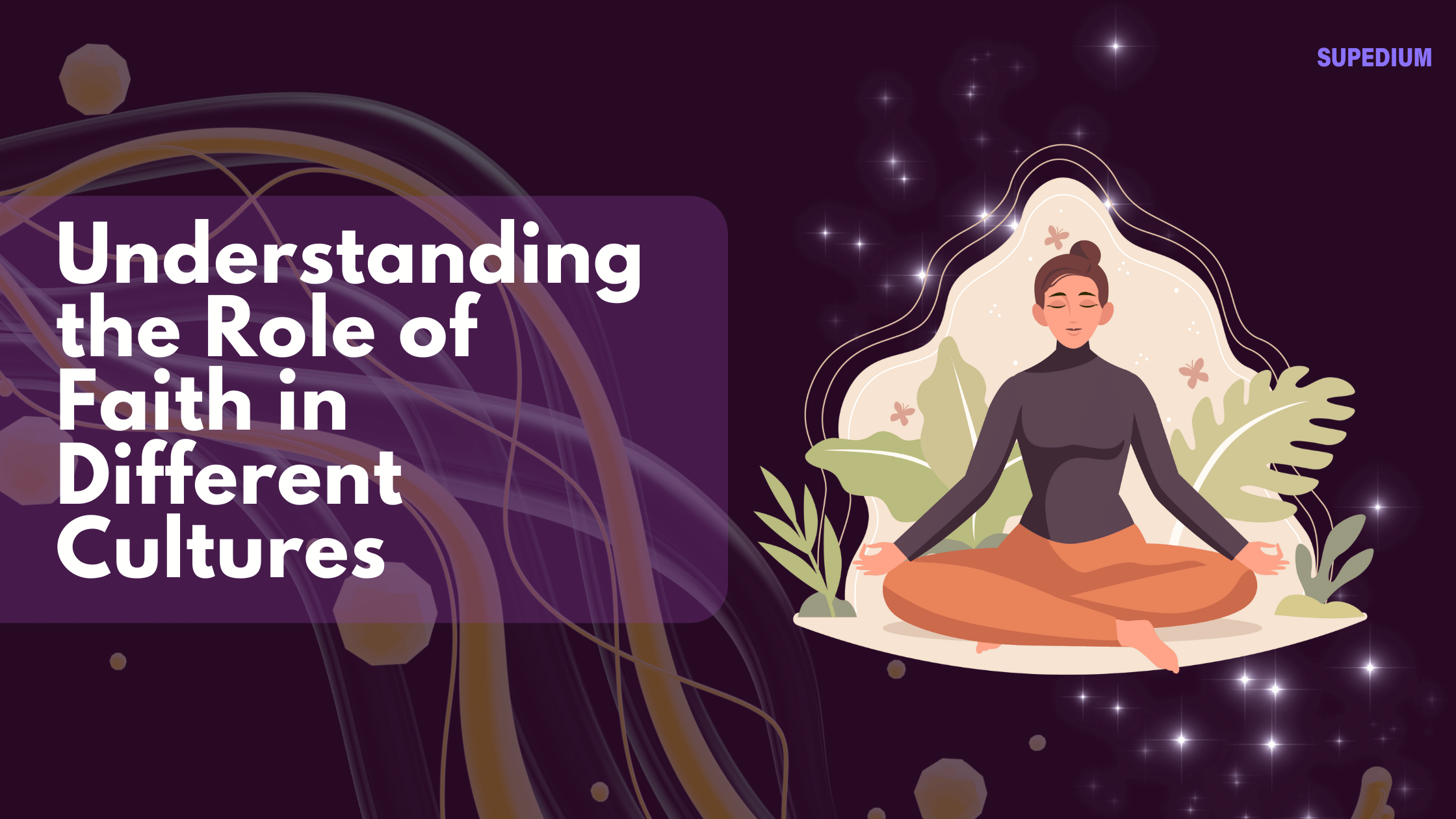Table of Contents
![]()
The Eight Important Theories of Leadership
What is? Leadership theories try to explain how and why individuals become leaders. Such theories concentrate on the characteristics of leaders, but some effort to identify the behaviours that individuals can adopt to enhance their leadership skills in scenarios that are various.
That was indicated by debates on the psychology of leadership Abilities were abilities that individuals were born with. To put it differently, these theories suggested that certain people were simply “born leaders” Some theories suggest that situational and expertise variables play a role, although that possessing trait might help to make individuals nature leaders.
A Closer Look at Leadership Theories
As interest in the psychology of leadership has improved over the Several leadership theories are introduced to describe exactly how and why individuals become leaders.
What makes a leader? Do particular personality traits Make people better or do characteristics of the situation make it more probable that individuals will take charge? When we consider the leaders about us we may find ourselves wondering these folks excel in positions that are these.
People have been interested in direction History, but it’s only been recent that a variety of leadership concepts have emerged. Interest in leadership improved throughout the first part of the twentieth century. Leadership theories centred on what attributes distinguished between followers and leaders, while theories looked at factors likeability levels and factors.
Most can be categorized as one of eight types, while many leadership concepts have emerged:
(1) “Great Man” Theories
Have you ever heard someone described as “born to lead?” According to This point of view are born with internal features like intelligence, confidence, charisma, and abilities which make them leaders.
Man theories assume that the capacity for leadership is Inherent — that leaders are born, not made. These concepts portray leaders as mythic epic and destined to rise to leadership when required. The expression”Great Man” was used since, at the moment, leadership was thought of primarily as a man quality, particularly concerning military leadership. Such theories suggest that individuals cannot learn to become leaders. It’s either something you’re born with or born without. It’s very much a character (instead of nurture) approach to describing leadership.
(2) Trait Theories
Similar in some ways to Good Man theories, trait theories assume that people inherit traits and qualities which make them better suited to the direction. Trait theories recognize a character or traits shared by leaders. By way of instance, traits such as extroversion, self-confidence, and courage are all traits which could be connected to great leaders.
If traits are crucial features of direction do we Explain? This question is one of the issues in using attribute theories to describe leadership. There are loads of individuals who possess the character traits related to leadership a number of these people never seek positions of leadership out. Some individuals lack a few of the traits associated with leadership that is effective nevertheless still excel in groups.
(3) Contingency Theories
Contingency theories on factors that are particularly Related to the environment which may determine which style of leadership is most suitable for the circumstance. According to this concept, no leadership style is best in most situations.
Researchers Hodgson and White imply that effective Leadership isn’t only about the leader’s qualities, it’s about striking the perfect balance between behaviours, needs, and context. Leaders can evaluate the needs of their followers, take stock of their circumstance, and adjust their behaviours. Success is dependent upon numerous factors qualities of characteristics and their followers of the circumstance, including the leadership style.
(4) Situational Theories
Situational theories Propose that leaders pick the most appropriate course of action based upon variables. Styles of leadership might be more appropriate for specific kinds of decision-making. By way of instance, in a situation where the leader is the most educated and professional member of a team, an authoritarian fashion might be appropriate. In other cases where team members are skilled specialists, a democratic fashion are more effective.
(5) Behavioural Theories
Theories of leadership are based upon the belief that Leaders are made, not born. Consider it the flip-side of this Man theories. Rooted in behaviourism, this leadership concept focuses on the activities of leaders, not on mental qualities or inner states. According to the theory, individuals can learn to become leaders through teaching and monitoring.
(6) Participative Theories
Leadership theories suggest that the leadership that is Perfect Style is one which takes the input of others. Contributions and involvement encourage and assist team members to feel dedicated and relevant. In theories that are participative the leader keeps the right to enable others’ input.
(7) Management Theories
Management theories, also known as transactional theories, Concentrate on the use of organization, supervision and team performance. Leadership is based on these theories on a system of punishments and rewards. Theories are utilized in business; they’re rewarded, when workers are successful; they are reprimanded or punished when they fail.
(8) Relationship Theories
Relationship theories known as theories, concentrate Upon the links formed between followers and leaders. Leaders inspire and motivate people by helping team members see good of the endeavour and the importance. These leaders are focused on team members’ performance, but also want each individual to satisfy their potential. Leaders with this style have high moral and ethical standards.
A Word From Supedium
There are many different ways of thinking about leadership, ranging From focusing on the character traits of leadership that are excellent to Emphasizing aspects lead. Leadership is a and It becomes excellent leaders. Find out more about some of those things which make people strong leaders is 1 way of possibly improving your skills.
Share This




Be the first to comment